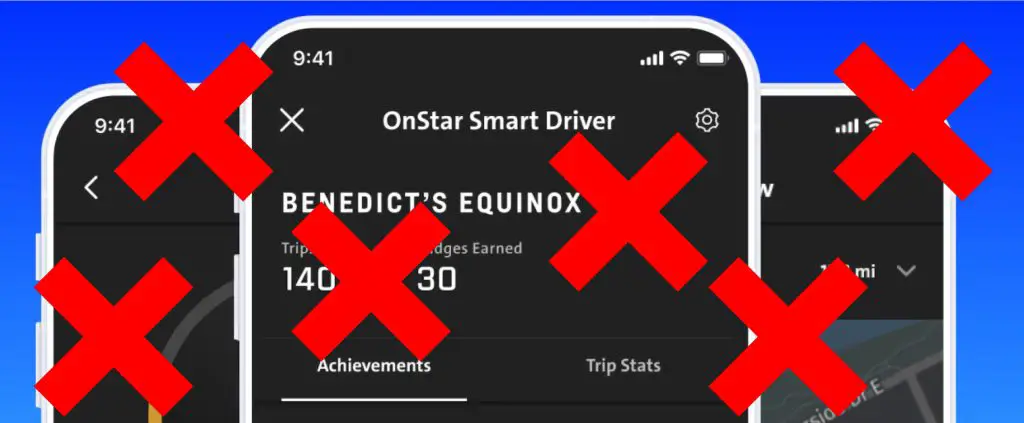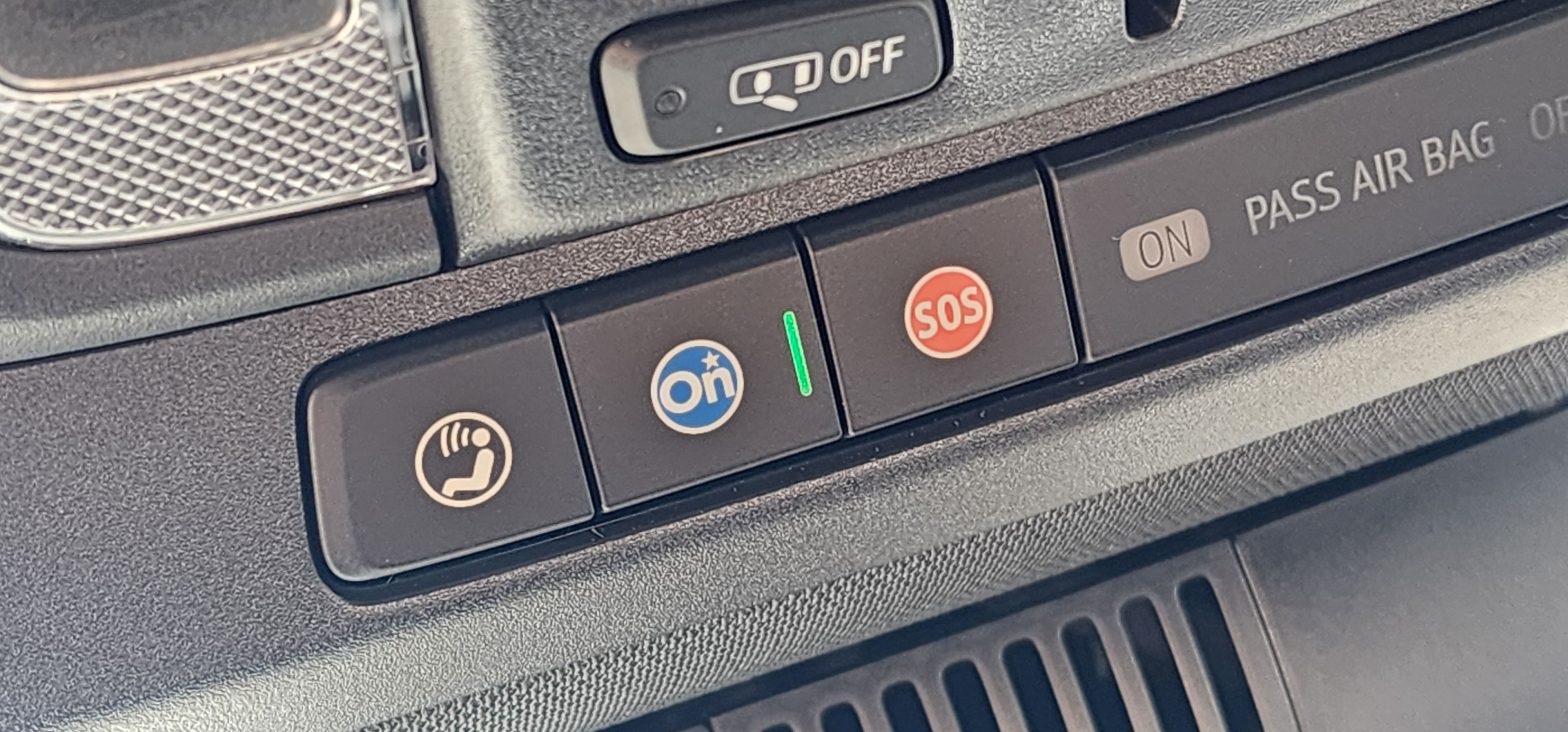General Motors has announced the discontinuation of its OnStar Smart Driver program, a decision based on extensive customer feedback and a growing emphasis on privacy and data control. This move marks a significant pivot in the automaker’s approach to connected vehicle data and customer trust.
Introduced as a tool to enhance driving safety through behavioral insights, the OnStar Smart Driver initiative has been a topic of debate and scrutiny, particularly concerning data privacy. The program was designed to analyze driving patterns and provide feedback that could potentially lower insurance rates, among other benefits. However, the reception of the program highlighted critical concerns over data privacy and the ethics of data sharing with third parties.

A Brief History of Smart Driver and Data Privacy Concerns
The OnStar Smart Driver program originally aimed to benefit drivers by leveraging collected driving data to offer insights and improve safety. As reported in an earlier analysis here at GM-Trucks.com, the program also involved partnerships with data analytics firms such as LexisNexis and Verisk, ostensibly to refine the benefits further. However, these partnerships led to unease among consumers about how their driving data was being used and shared.
In a notable shift detailed previously, GM took steps to end data sharing with third-party brokers like LexisNexis and Verisk earlier this year. This decision, as outlined in the piece “In Stunning Reversal, GM Stops Sharing Vehicle Driving Data with Brokers,” was a direct response to backlash over privacy concerns and marked the beginning of a broader reevaluation of GM’s data privacy policies.
The Decision to Discontinue Smart Driver
In the latest statement from General Motors, the company emphasizes its commitment to privacy and customer trust, citing that “Customer trust is a priority for us.” Accordingly, GM has not only ended the Smart Driver program but also any residual data sharing with the previously mentioned third-party companies as of March 20, 2024. The official termination of the Smart Driver service across all GM vehicles is slated to commence over the coming months, with a comprehensive unenrollment of all participants.
GM’s focus has also shifted towards enhancing privacy controls, aiming to provide customers with greater transparency and management over their vehicle data. This includes the ability to oversee vehicle performance, diagnostics, and safety-related information.

What This Means for GM Vehicle Owners
For owners of GM vehicles, the end of the Smart Driver program signifies a notable change in how their driving data will be handled. With the termination of third-party data partnerships and the upcoming enhanced privacy features, customers can hope for a greater degree of control and transparency regarding their personal and vehicular information.
This adjustment in policy also reflects a broader industry trend towards prioritizing user privacy and data control, as technological advancements make vehicles increasingly connected and data-reliant.
Looking Ahead
The discontinuation of the OnStar Smart Driver program is a pivotal moment for General Motors. It highlights the challenges and responsibilities that automakers face in balancing technological innovations with consumer privacy expectations. As GM continues to develop its vehicle technologies, the emphasis appears to be shifting towards ensuring that these innovations align more closely with user consent and privacy standards, a move likely to influence industry standards moving forward.


